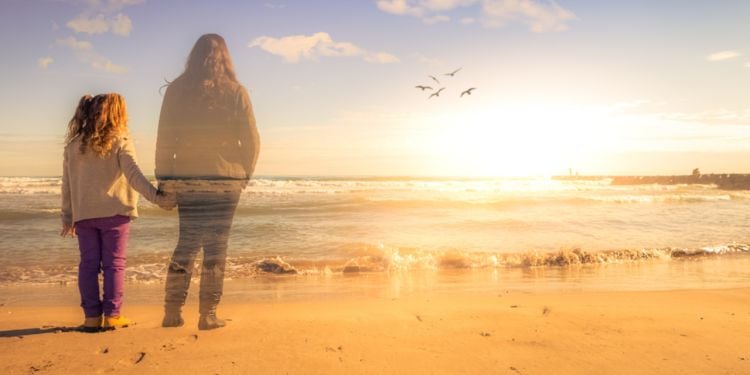Information about death in the Dominican Republic

What customs and procedures are common when dealing with death in the Dominican Republic? Find more about it in this article.
When someone dies, the first thing that happens is that the medical examiner certifies the death. This is usually done at the hospital, but the doctor or the police call the medical examiner if the person dies at home. If expats die outside of a hospital, the attending police will be the tourist police, known as Cestur, even if the expat is a legal resident. The expat should also be aware that the surviving relative will be arrested for investigation in many cases, especially in cases of sudden death or one that occurs in the home.
In the case of most Dominicans, they will then go to a local funeral parlor, choose the coffin, and the body will then be placed in the coffin and taken to the house. The average price for a casket is RD 12,000 pesos, which is roughly USD 300. The body will usually be covered in talcum powder and placed in a prominent position in the home, usually on the dining table and often on top of a block of ice to keep it cool. The living room will be turned into a shrine with photographs of the deceased, and the television will be removed. Upper-middle-class and upper-class Dominicans will usually have the body taken to a funeral parlor, and the viewing of the body will take place there.
A carpa or tarpaulin will be erected outside the house to protect people from the sun or rain. People will begin to arrive at the defunct's home, and the wake usually goes on all night. Coffee and, sometimes, rum are consumed, and it is normal for the immediate family to openly show their grief, leading to so much hysterical crying that sometimes they even pass out. The next day, the funeral directors will send a hearse. Usually, around 10 am, the body will be taken to the local graveyard. If it is a nice coffin, it may be hacked to pieces with a machete so that no one will steal it. The casket will then be placed in a shallow grave. For the next 9 days, the family will be in mourning, and on the ninth day, which is the final day of mourning, the carpa is put up again, and everyone will wear black or white. The following morning, the living room is returned to the way it was before.
How is the death certificate obtained in the DR?
Once the medical examiner has confirmed that death has occurred, he will issue a death certificate that details the cause of death. This document is given to the family, which they can take to the Civil Registry Office to register the death and obtain the legal death certificate.
Is there any difference when an expat dies?
Their embassy should be notified whenever an expat dies in the Dominican Republic. Therefore, all expats should ensure they have their embassy's telephone number and emergency phone number.
The death should be reported to the police, who will inform the medical examiner, and the body should not be moved until the medical examiner arrives. He will arrange for the body to be taken for an autopsy, which is mandatory in the case of the death of a non-Dominican in the country if it is a non-natural death. There are five regional centers (SISMAP) where autopsies are performed: Santo Domingo, Santiago, San Francisco de Macoris, San Pedro de Macoris, and Azua.
Should no family members be present in the country, the embassy will usually attempt to notify family members, and they will also issue a report of an overseas death. This report can then be used to settle any legal matter back in the home country, such as claiming insurance, claiming benefits, and paying the estate. For the embassy to issue the overseas death report, they must have a copy of the Dominican death certificate issued by the civil registry.
Important:
Only the civil registry in Santo Domingo can issue the death certificate for foreigners.
What about burial or cremation?
One of the most important and immediate decisions the family needs to make is to bury their loved one locally or have the remains returned to the home country. If the family opts for a local burial, the local funeral home in the DR will arrange the service and burial, usually within 48 hours.
Important:
Please note that cremation was illegal until 2003, and only a few funeral homes carried out this service. The average cost of cremation is around USD 2,000.
Can the body be returned to the home country for burial?
Yes, this can be done, although it is expensive, at around USD 3,500 plus the airfare and USD 900 in case you need to bury your loved one in the Dominican Republic. Embalming is only carried out at a few places in Santo Domingo, and returning a body can be complex. The main funeral home that can be arranged is Blandino in Santo Domingo and Santiago, and they will also deal with the embassy and the funeral home in the home country that will receive the body. There are also many documents to be completed. The process will take around a week but can take longer depending on the length of time waiting for the autopsy and if there are any holidays around that time.
Useful links and contacts:
Funeraria Blandino Santo Domingo (809) 533-3232 Ext. 247 & 241
US Embassy Duty Officer: (809) 567-7775









